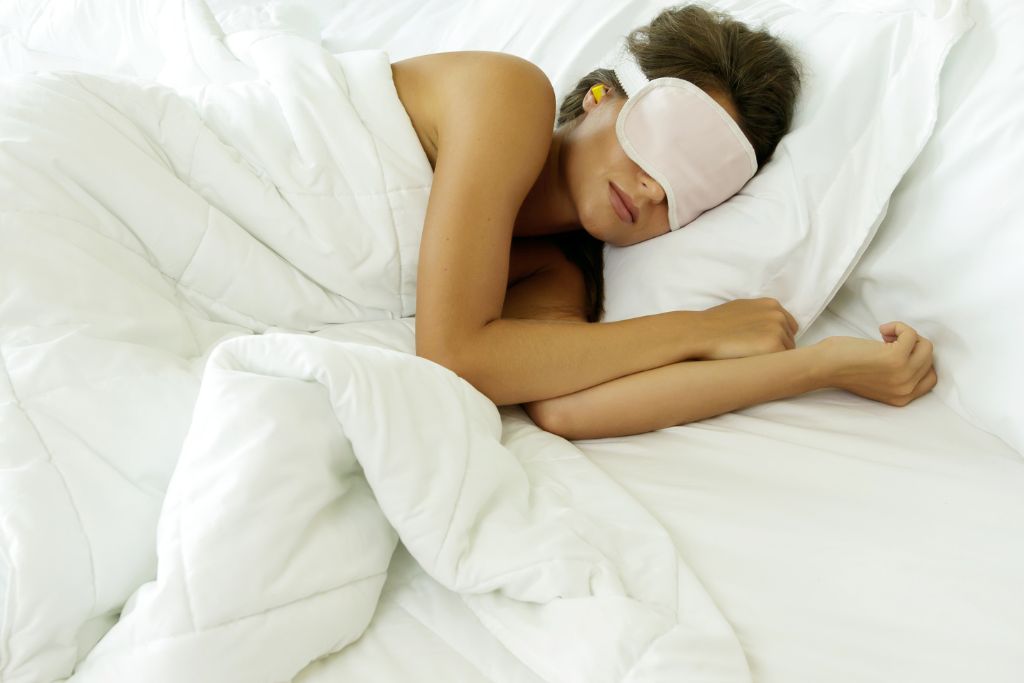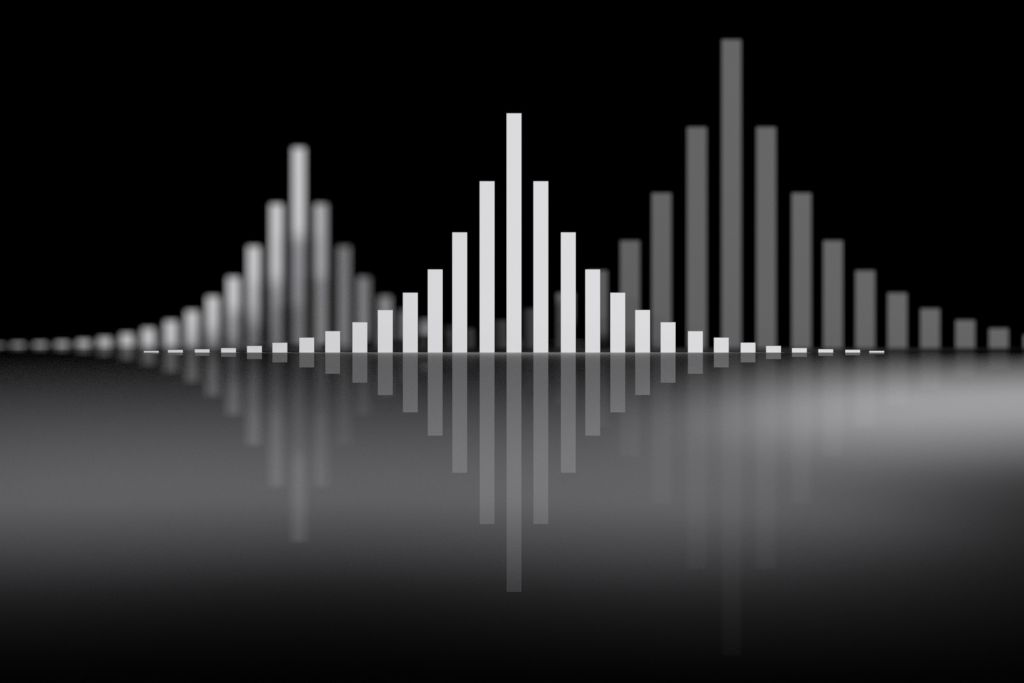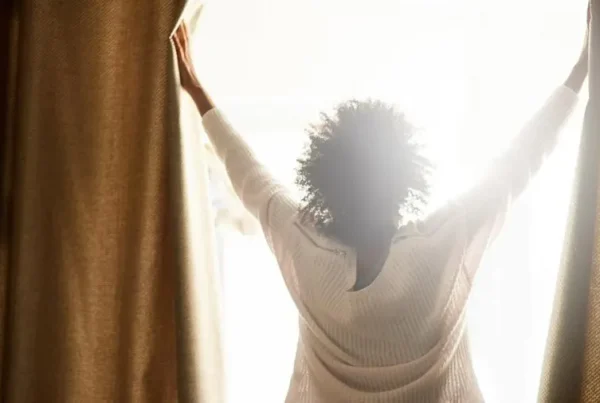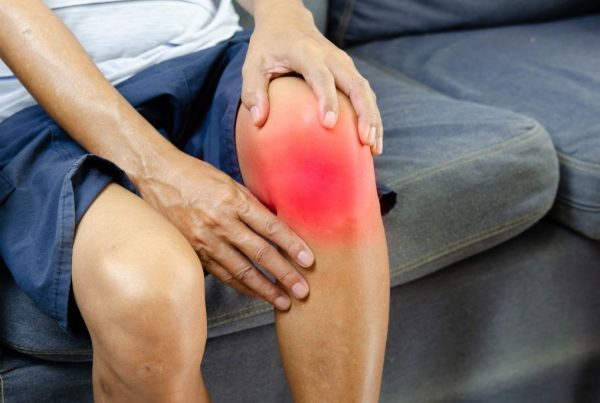If you are exposed to noise for a long time, it can hurt your hearing in a way that can’t be fixed. It is well known that loud places raise blood pressure and amounts of stress hormones, which can lead to heart problems. One in three people in the U.S. are subject to too much noise. This can happen when a person works from home or takes their dog for a walk. It can also happen when you use a phone in public or go on a date. How much noise a person hears varies on where they live. The amount of noise each person hears can also depend on their age. For instance, younger people tend to be more exposed to noise than older people. Using the Research app, Apple and the University of Michigan did a study to find out which Americans are most often exposed to too much noise. The results were weighed by state, age, gender, and race.
Wear Earplugs
The most important thing you can do to protect your hearing is to wear earplugs whenever you are exposed to sounds above 85 dB for 8 hours. Earplugs are available in a variety of styles: disposable, reusable, or custom-molded earplugs that fit comfortably into the ear canal.
The ear can be hurt in two ways: by high-level, long-term exposures that gradually stretch the delicate inner ear tissues until they reach their elastic limit and cause permanent damage (acoustic trauma), or by sudden, very loud explosion-like sounds like a firecracker, gunshot, or handclap that cause immediate, painful hearing loss because of the shock of 140 dB peak pressure. We call these kinds of accidents “impulse noise.”

Applying the 1981 U.S. EPA estimate of exposure prevalence and assuming no change in noise levels since then, it is estimated that 104 million people were exposed to a level of noise above the NIHL LEQ(24) limit in 2013. These individuals are at risk of hearing loss and other health effects.
Wear Earmuffs
There are different kinds of hearing protection for adults to choose from. Earplugs go in the ear canal. Depending on how well they fit, they can cut noise by 15 to 30 decibels. Earmuffs go over the ears and have to be put on tightly so that the seal doesn’t break. They may be less comfortable and cost more than earplugs, but they work well in most cases where your hearing needs to be protected.
When a person is constantly exposed to loud noise, it can cause damage in as little as 15 minutes. Damage can occur in both the inner and outer ear. It can lead to ringing in the ears, difficulty understanding speech, and balance problems.

Sound Level Meter, a free iOS app from NIOSH, can assist consumers assess their sound environment. The Apple Hearing Study, conducted by the University of Michigan researchers, estimated that 77 million Americans are subjected to excessive noise.
Turn Down the Volume
Noise can damage the snail-shaped organ in your inner ear, the cochlea, which sends sound to your auditory nerve. Certified Occupational Hearing Conservationist Jonathan Klane likens the harm to walking across a field of grass that crushes under your foot and then recovers.
While certain sounds, such as a shotgun blast at close range without protection, can exceed 110 decibels and irreparably harm your hearing in a single moment, most sound-related hearing loss occurs over the course of a lifetime. Loud music, concerts, sports events, and recreational activities like hunting, snowmobiling, carpentry, or using power tools can all lead to hearing loss if the exposure is prolonged.

Avoid these circumstances and wear earplugs or headsets to lower decibel levels. To rapidly remove earplugs, keep a pair in your pocket or purse.
Take a Break
Taking breaks from loud noise and music can significantly reduce the risk of hearing damage. If you work in a noisy environment, you can ask to change shifts or relocate your workspace. You can also talk to your supervisor about reducing or eliminating hazardous noise levels.
Outside of work, loud noises can come from things like gun shooting, personal listening devices, home and car sound systems, media players, and power tools. Some medicines, like aspirin, some painkillers, antimalarial drugs, and loop diuretics, can also make your ears ring.

It’s important for employees and managers to know their rights, how to recognize dangerously loud noises, and how to prevent damage to their hearing. Find a Baptist Health Occupational Medicine location near you and set up an appointment to learn more about protecting your hearing.
Linking “Fitness for Health: Joints and More!” to “One in Three Americans Is Exposed to Excessive Noise Levels” will help people stay healthy. Exercise builds knees and health. By clicking on “Fitness for Health: Joints and More!,” readers can learn about workouts, stretches, and lifestyle changes that help enhance joint health and fitness. Emphasizing health reduces noise’s effects.




